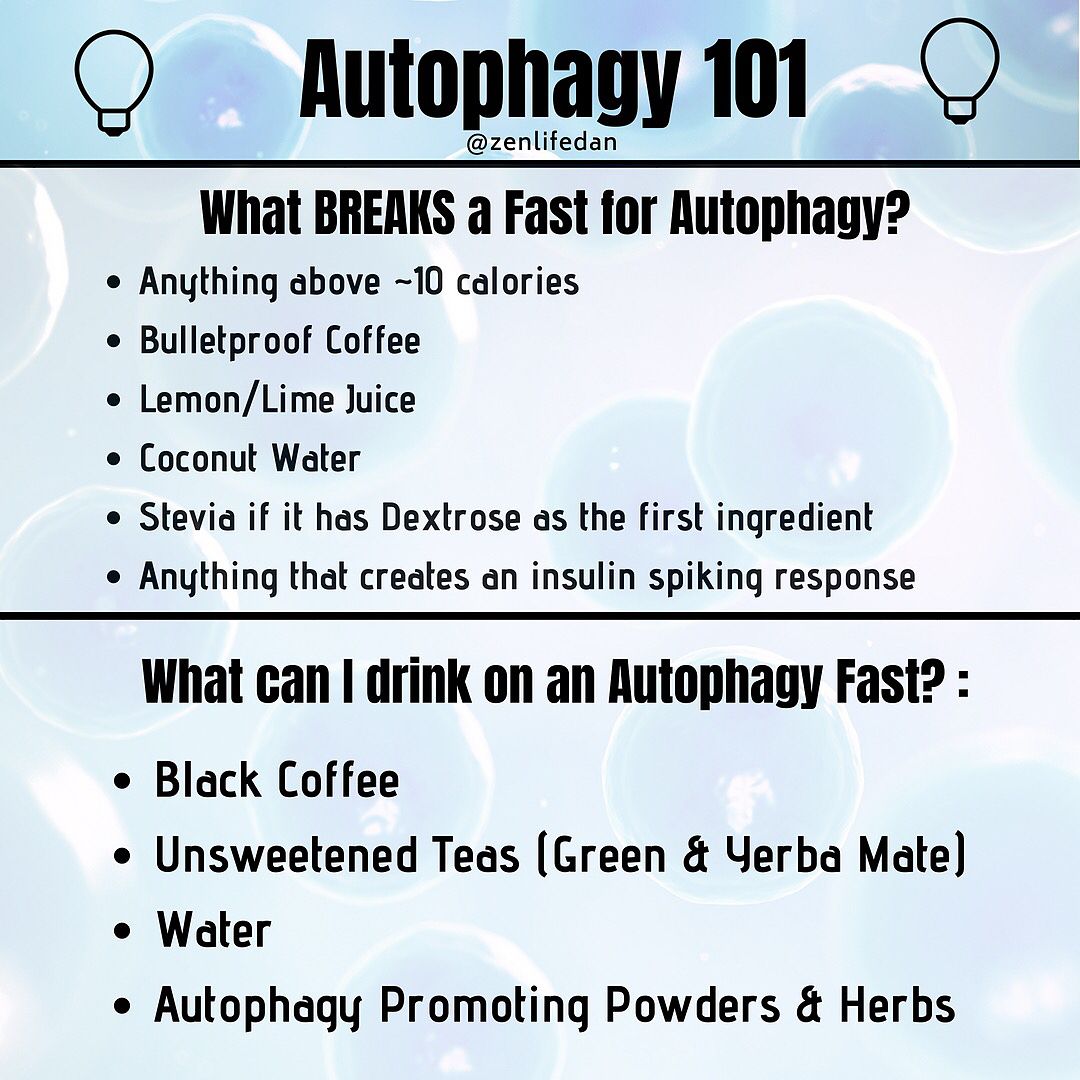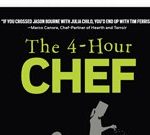
2016 Nobel Prize in Medicine has gone to a Japanese scientist Dr. Yoshinori Ohsumi for his research on AUTOPHAGY. Autophagy, an Intracellular Recycling System otherwise means “eating self”. In other words, the process by which the human body eats it own damaged cells and unused proteins.
Autophagy is a natural process and also one which occurs in cases of starvation. The failure of autophagy is one of the main reasons for accumulation of damaged cells which eventually leads to various diseases in the body. Autophagy is important to prevent/fight cancer and also plays a vital role in degrading and ‘consuming’ cells infected by bacteria and viruses. We have to observe here that ancient India had recommended a practice of fasting (Ekadasi) one day in a fortnight. Indians religiously follow this practice to this day as a penance for spiritual progress without any idea of the biological and therapeutic benefits of this practice.
Through this process of fasting induced autophagy, our body repairs it’s damaged and degenerated cells or uses up the proteins of the damaged cells for its survival. Whenever modern science conquers a frontier in any field, it somehow relates back to a quaint spiritual practice followed in India for generations. (Paras note: Hmmm this is starting to sound like another one of the ‘everything started in India’ propaganda posts so I’m going to trim it to keep it relevant).
Autophagy, a fundamental process for degrading and recycling cellular components. The word autophagy originates from the Greek words auto-, meaning “self”, and phagein, meaning “to eat”. In the 60’s researchers first observed that the cell could destroy its own contents by enclosing it in membranes, forming sack-like vesicles that were transported to a recycling compartment, called the lysosome, for degradation. Autophagy can rapidly provide fuel for energy and building blocks for renewal of cellular components, and is therefore essential for the cellular response to starvation and other types of stress.
After infection, autophagy can eliminate invading intracellular bacteria and viruses. Autophagy contributes to embryo development and cell differentiation. Cells also use autophagy to eliminate damaged proteins and organelles, a quality control mechanism that is critical for counteracting the negative consequences of aging.
Autophagy has been known for over 50 years but its fundamental importance in physiology and medicine was only recognized after Yoshinori Ohsumi’s paradigm-shifting research in the 1990’s. For his discoveries, he is awarded this year’s Nobel Prize in physiology or medicine.
Bonus: What Really Happens When We Fast
Amazon #ads

Summary:
– 12 hours: Our bodies have adapted to fasting so growth hormone gets triggered.
– 18 hours: Autophagy, old damaged proteins gets recycled to renew them.
– 24 hours: Ketones get released. An efficient fuel. Inflamation starts dropping. Gut heals. Cardiovascular and brain function improves.
– 36 hours: Body goes into protein sparing mode. Starts releasing antioxidants.
– 48 hours: Stem cell stimulation. More healing and repair and antiaging.
– 72 hours: All kinds of benefits for the immune system. Boosts all these benefits but take advice from professionals.
Recommended: Fast with minerals/salt but you can do a water fast or dry fast.
Bonus: USC Researchers Discover How to Regenerate Your Entire Immune System In Only 72 Hours
Scientists at the University of Southern California said the findings could have major implications for the elderly and people suffering from damaged immune systems, such as cancer patients.
Researchers tested the effects of fasting for two to four day periods over the course of six months on both mice and humans.
In both cases, long periods of not eating significantly lowered white blood cell counts.
And in mice, each cycle of fasting then “flipped a regenerative switch” that triggered stem cell-based regeneration of new white blood cells, thereby renewing the body’s defence system.
Valter Longo, Professor of Gerontology and the Biological Sciences at the University of Southern California, said:“It gives the OK for stem cells to go ahead and begin proliferating and rebuild the entire system.
“And the good news is that the body got rid of the parts of the system that might be damaged or old, the inefficient parts, during the fasting.”
He added: “Now, if you start with a system heavily damaged by chemotherapy or aging, fasting cycles can generate, literally, a new immune system.”
The study also found that fasting reduces levels of the enzyme PKA, an effect which is known to increase longevity in simple organisms, as well as levels of the hormone IGF-1, which has been linked to ageing, tumour progression and cancer risk.
In addition, a small pilot clinical trial found that fasting for a 72-hour period prior to chemotherapy protected patients against toxicity.
“While chemotherapy saves lives, it causes significant collateral damage to the immune system. The results of this study suggest that fasting may mitigate some of the harmful effects of chemotherapy,” said Tanya Dorff, assistant professor of clinical medicine at the University of Southern California.
“More clinical studies are needed, and any such dietary intervention should be undertaken only under the guidance of a physician.”
How Fasting Shrinks Your Fat Cells – The Scientific Breakdown
Joe Rogan & Dr Rhonda Patrick on Time Restricted Feeding (aka Intermittent Fasting)
Autophagy and Fasting: The Mystery Explained




